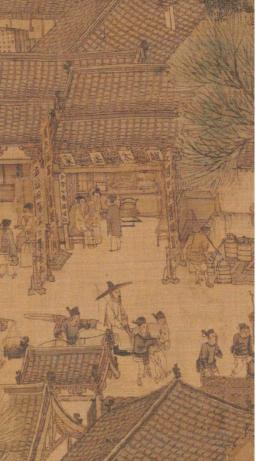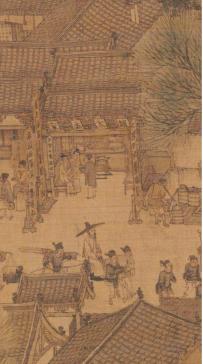In my project I study the clinical encounter between a physician and a patient during the Song dynasty (960-1279). That medicine is unlike other sciences, which often focus on theoretical knowledge and sometimes on experiments, is epitomized in the clinical encounter between a sick person and the attending physician. The clinical scene is the encounter during which a physician examines, diagnoses, and treats the sick person, who is either willing or not willing to accept the physician's recommendation. The physician-patient relationship is a micro-cosmos that reflects many characteristics and transformations in society and in medicine during a certain era, and tells a story of a unique social interaction.
My project analyzes a unique set of primary sources - medical case records. I begin by focusing on the case histories recorded by one Song-dynasty physician, Xu Shuwei (1079-1154), who was the first physician in Chinese history to publish a collection of his own cases. I will also use additional case records originating from various primary sources including official and private histories, local gazetteers, private jottings by scholar-officials, and additional cases scattered throughout Song-dynasty medical treatises. These cases show how broader changes in medicine, including increased accessibility to printed medical canons and the bureaucratization of medicine, impacted every day medical practice at the physician's level.

A scene of a doctor diagnosing a child taken from the Song-dynasty painting titled: Qing ming shanghe tu 清明上河圖.

